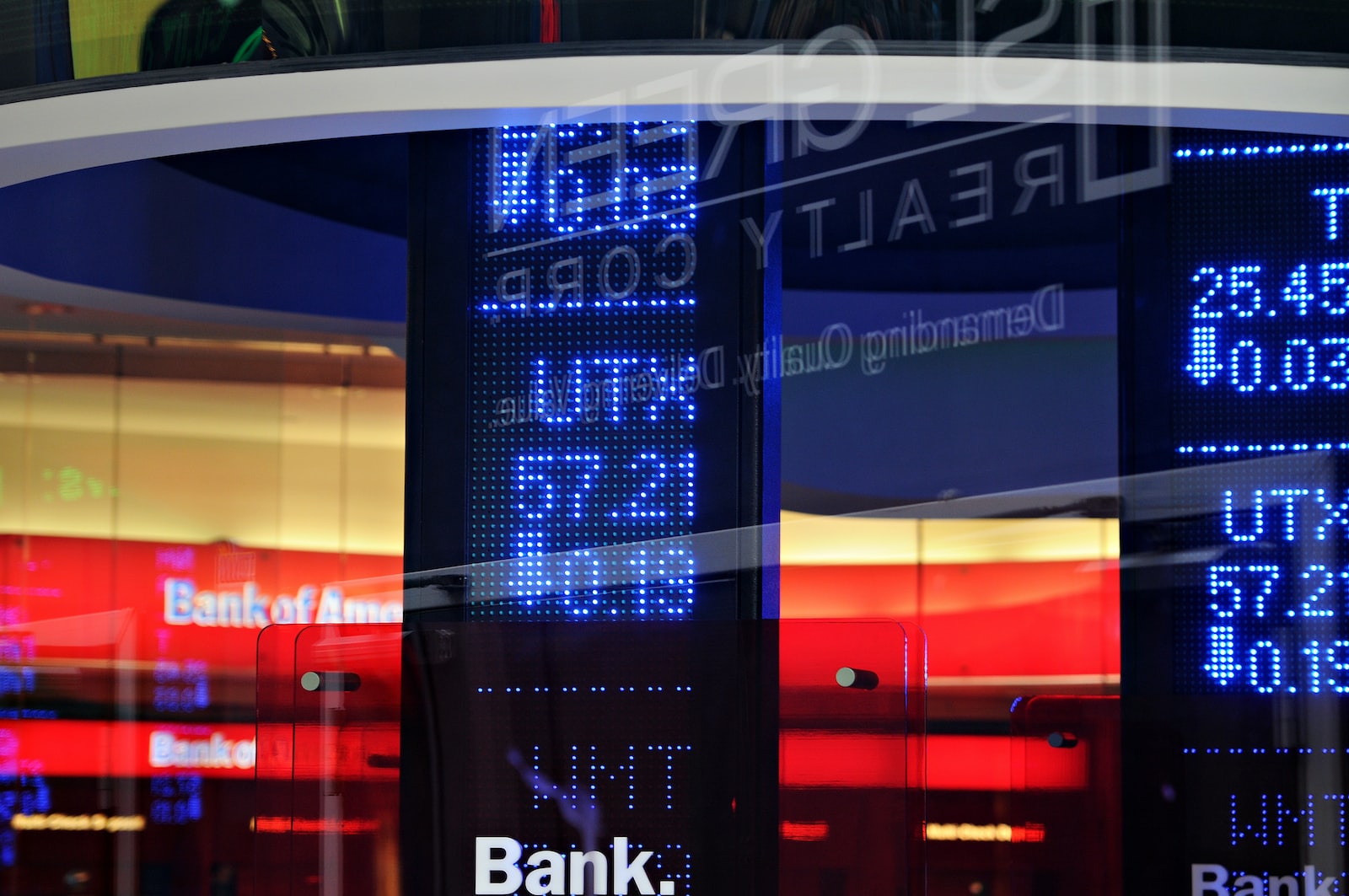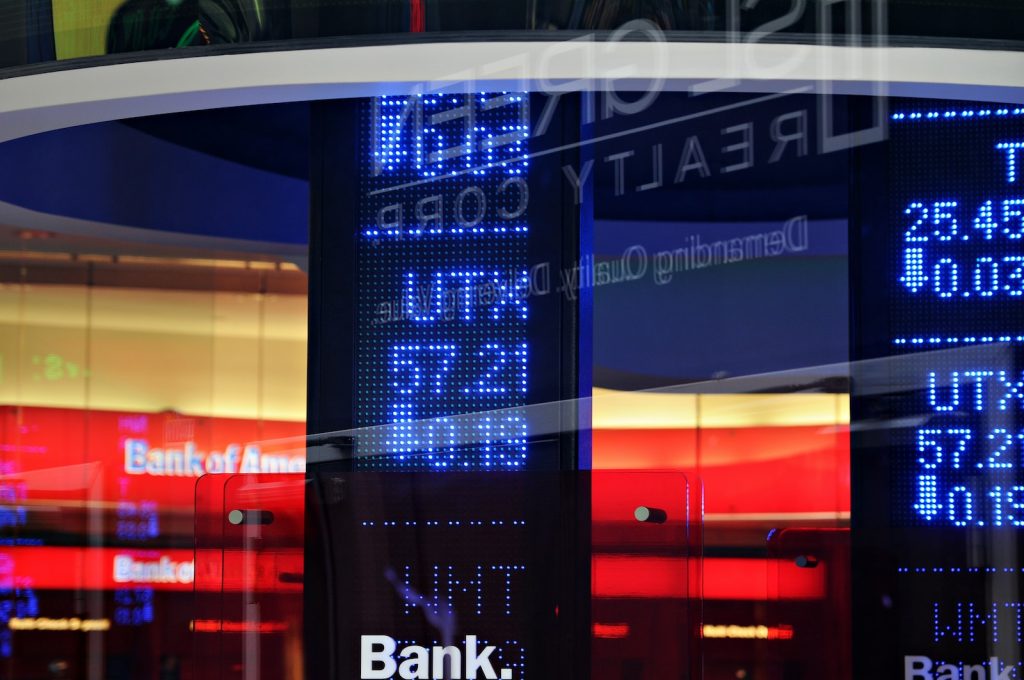
Dividend Yield vs. Stock Market Yield: Which is More Important?
Each investor’s needs will determine the importance of each stock. If you are only interested in identifying stocks that have performed better over time, the total returns is more important to you than the dividend yield. The dividend yield is important if you rely on your investments for consistent income.
When you’re trying to decide whether to invest in a particular stock, there are a lot of factors to consider. One of the most important is yield—but what exactly is yield, and which type should you be focusing on? In this blog post, we’ll break down the difference between dividend yield and stock market yield, and discuss which one is more important for long-term investors.
What is Dividend Yield?
Dividend yield is a ratio that measures the annual dividend payments of a company relative to its stock price. In other words, it tells you how much “bang for your buck” you’re getting from investing in that company’s stock. For example, let’s say Company XYZ has a stock price of $100 per share and pays out $2 per share in dividends every year. That would give it a dividend yield of 2%.
Generally speaking, dividend yields can range anywhere from 1-20%, though most companies fall into the 1-5% range. High-yield stocks tend to be more volatile than low-yield stocks, so they may not be ideal for risk-averse investors. However, they can still be a good addition to a well-diversified portfolio.
What is Stock Market Yield?
Stock market yield is a measure of the return on investment (ROI) that an investor can expect from the stock market as a whole. It’s calculated by dividing the total dividends paid out by all companies in a given year by the total market capitalization—the total value of all outstanding shares—of those companies. For example, if total dividends paid out in a year were $1 trillion and total market cap was $30 trillion, the stock market yield would be 3.33%.
Like dividend yields, stock market yields can vary widely from year to year. They tend to be highest during periods of economic recession (when stock prices are low) and lowest during periods of economic expansion (when stock prices are high).

So Which One Should You Focus On?
There’s no easy answer to this question—it depends on your individual goals and risk tolerance as an investor. If you’re looking for income or are close to retirement age, dividend yields may be more important to you than overall market returns. On the other hand, if you’re younger and have a longer time horizon for investing, stock market yields may be more important.
In general, though, we believe that long-term investors should focus on total return rather than dividend yield or stock market yield alone. That’s because both dividend yields and stock market yields can go up or down over time, but well-chosen stocks will continue to increase in value even when dividends are cut or eliminated altogether. Thus, by focusing on capital appreciation instead of current yield, investors can build wealth over time while still enjoying some level of current income from their investments.
When deciding whether to invest in a particular stock, one of the most important factors to consider is yield—but what exactly is yield, and which type should you be focusing on? In this blog post, we’ve broken down the difference between dividend yield and stock market yield, and discussed which one is more important for long-term investors.
Generally speaking, we believe that long-term investors should focus on total return rather than dividend yield or stock market yield alone. That’s because both dividend yields and stock market yields can go up or down over time, but well-chosen stocks will continue to increase in value even when dividends are cut or eliminated altogether. Thus, by focusing on capital appreciation instead of current yield, investors can build wealth over time while still enjoying some level of current income from their investments.
Xander is a writer for whatisdividend.com. He has been writing about personal finance and investing for over 10 years. His work has been featured in numerous publications, including The Wall Street Journal, Forbes, and Money Magazine. He is a Certified Financial Planner and holds a degree in financial planning from Boston University. In his spare time, he enjoys spending time with his wife and two young children.